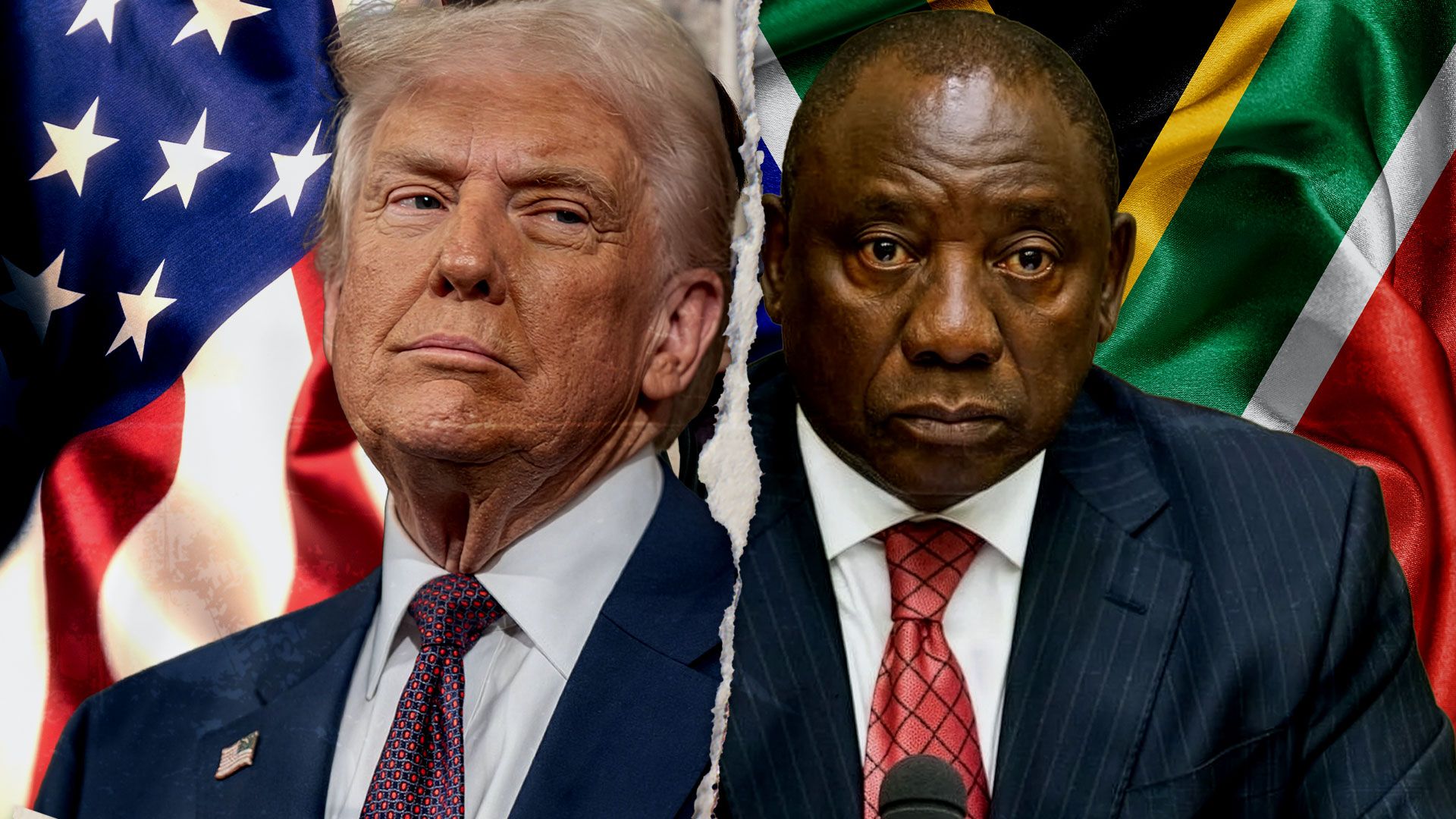August 28, 2025
South Africa is at risked of being SWIFTed by the banking system

The potential loss of access to the Society for Worldwide Interbank Financial Telecommunication payment system (SWIFT) poses a profound threat to South Africa’s economy, with repercussions that could undermine both our national stability and future growth prospects. As a nation heavily reliant on international trade, the disruption or suspension of our connection to this vital global financial communications network would significantly impair our ability to conduct cross-border transactions efficiently, leading to economic isolation and heightened volatility in the value of the Rand.
Without SWIFT, South African businesses and banks would face delays in sending and receiving international payments, hampering trade flows and foreign investment. This disruption would likely trigger a sharp depreciation of the Rand against the US dollar, given the sudden loss of foreign exchange liquidity and confidence. A weaker Rand would make imports more expensive, fuelling inflation and placing additional pressure on consumers already struggling with high living costs. As imported goods become more costly, inflationary pressures would intensify, complicating the Reserve Bank’s ability to maintain price stability one of its core mandates.
The combination of currency depreciation and inflation would compel the South African Reserve Bank to act decisively by tightening monetary policy earlier than expected by raising interest rates to curb inflation. However, such measures could choke off fragile economic demand, which already presents a challenge post-pandemic. Elevated interest rates would increase the cost of borrowing for households and businesses, suppressing investment and consumption, thus stalling economic growth even further. This scenario stagflation becomes a tangible and dangerous risk, characterised by stagnant growth, persistently high inflation, and rising unemployment given South Africa’s already high unemployment rate, especially youth unemployment that presents a major concern as it currently stands.
Furthermore, the loss of SWIFT would escalate fears of economic isolation, potentially prompting capital flight as investors seek safer havens, further weakening the Rand and destabilising the economy. The resulting uncertainty would deter foreign direct investment, critical for infrastructure development and job creation. It would also undermine the confidence of our trading partners, especially amidst ongoing global tensions and trade disruptions driven by tariffs and geopolitical conflicts.
A weakened currency and rising inflation strain the South African Reserve Bank’s ability to navigate its dual mandate protecting the Rand’s value while ensuring price stability. If inflation spirals out of control and the currency depreciates sharply, the SARB may be forced into an aggressive tightening cycle much earlier than anticipated. While aimed at stabilising the economy, such policies could deepen the slowdown and increase unemployment, intensifying economic hardship for South Africans.
The South African government must prioritise prudent fiscal and monetary management responsibly handling increasing debt, strengthening resilient trade partnerships, and bolstering economic sovereignty. These measures are crucial in navigating current threats. Engaging in proactive diplomacy and negotiating in good faith with Western nations, alongside implementing strategic economic policies, will help South Africa protect its financial system from external shocks and sanctions. A strong, resilient economy is essential for safeguarding sovereignty, reducing high unemployment, and achieving sustainable growth amid a volatile global landscape.
Ultimately, losing access to SWIFT would serve as a stark reminder of the need for vigilance and strategic negotiation with the international community. Aligning economic policies with proactive principles that promote stability, and growth is vital for maintaining national sovereignty. Failing to do so could lead South Africa toward stagnation and stagflation an outcome that no responsible leader or citizen should accept.











